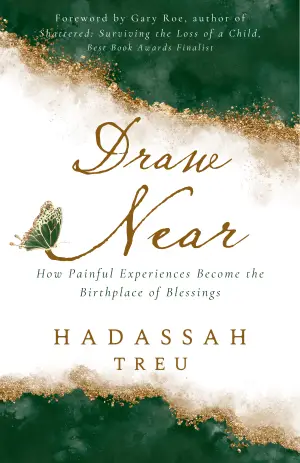Review: The Haunting of Room 904 by Erika T. Wurth
As someone who has always been drawn to the intersection of history and the supernatural, Erika T. Wurth’s The Haunting of Room 904 immediately piqued my interest. Wurth, known for her captivating storytelling in White Horse, steps into the chilling realm of paranormal investigation with this latest offering, and I couldn’t wait to dive into the tangled webs of grief, Indigenous spirituality, and America’s fraught history.
At the heart of this haunting tale is Olivia Becente, a Native American paranormal investigator grappling with her own personal demons after the tragic suicide of her sister Naiche. When Olivia is summoned to investigate a pattern of suicides at the Brown Palace Hotel in Denver that eerily mirrors her sister’s death, we’re thrust into a narrative that intertwines the spectral with the historical. The chilling question looms: How do the ghosts of the past inform the tragedies of the present?
Wurth’s storytelling shines brightest in her portrayal of the interconnectedness of hauntings and the Sand Creek Massacre. As Olivia navigates the labyrinth of spirits and ancestral trauma, she encounters Nese, a two-spirit Cheyenne soul trapped in a dybbuk box. These spiritual confrontations resonate powerfully, providing both terror and depth that go beyond traditional horror fare. Wurth masterfully grounds these encounters in the real pain and violence of colonial history, which adds a layer of moral weight to the supernatural elements.
However, the pacing of the narrative sometimes falters. The early chapters can feel sluggish, while the climactic confrontations seem to resolve with a swiftness that left me wanting more depth. Olivia herself is a well-developed protagonist, but her romantic relationships occasionally feel more like plot devices than genuine connections. Moments that should have struck emotional chords instead felt fleeting, which was a disappointing contrast to the rich narrative potential.
Wurth’s prose is both atmospheric and accessible, blending contemporary dialogue with vivid, sensory descriptions. For example, I found myself entranced by phrases like, "the aching, arching blackness reaching around my heart. And squeezing," which convey the overwhelming dread Olivia experiences. These moments of lyrical beauty are juxtaposed with the structured interludes titled "The Massacre," effectively bridging history with the unfolding narrative and adding haunting lyrical passages that linger long after the book is closed.
The Haunting of Room 904 explores significant themes of grief, guilt, and historical reckoning, making it more than just a paranormal thriller. Olivia’s inner struggle with her sister’s death parallels the broader discussions around historical accountability, allowing readers to reflect on inherited trauma. The dynamic portrayal of urban Indigenous life adds a refreshing nuance, presenting Olivia as neither a stereotype nor an outsider but as a modern individual deeply connected to her heritage.
In conclusion, The Haunting of Room 904 is an intriguing journey into the spectral and the profound, ideal for readers who appreciate paranormal fiction layered with historical significance and cultural authenticity. While it may have some pacing and character development issues, Wurth’s unique voice and the emotional weight of her narrative create a compelling case for her place in contemporary horror fiction. If you’re searching for a story that engages with the complexities of grief and spirituality while delivering authentic chills, this book is a must-read. It left me reflecting on the ghosts that linger in our personal and collective histories and the vital act of seeking closure in a world where shadows often lurk just out of sight.
Discover more about The Haunting of Room 904 on GoodReads >>







